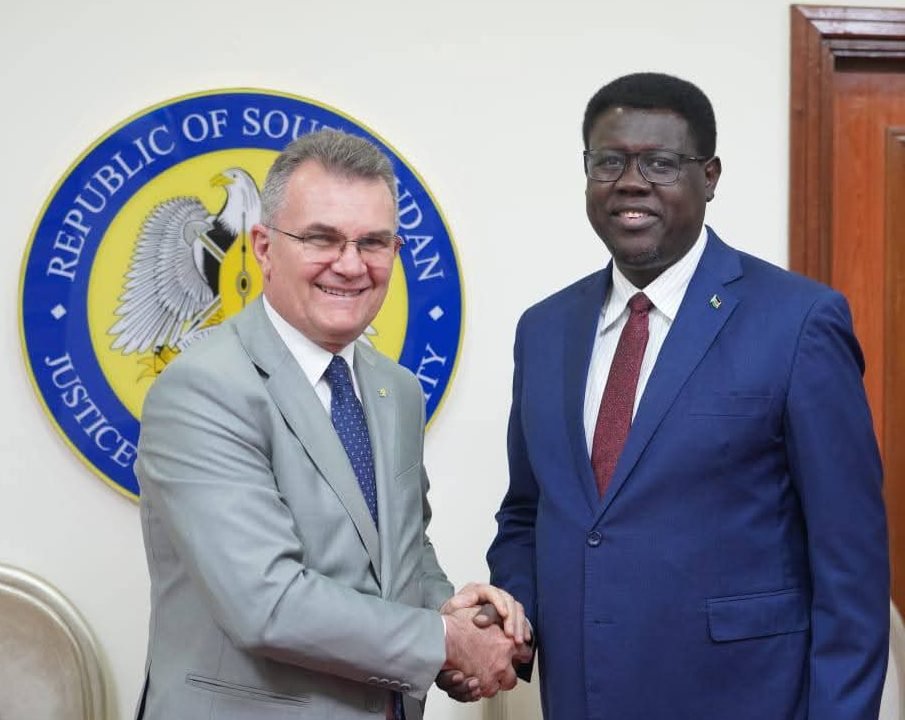400 African trainees to be capacitated in Fall Armyworm sustainable control in IBRAF’s Online Professional Learning course with FAO

Brazil Africa Institute (IBRAF) and Food and Agriculture Organization of the United Nations (FAO) have signed, Thursday 22nd, a Letter of Agreement (LoA) to jointly design a South-South Cooperation (SSC) training through IBRAF’s Online Professional Learning (OPL) platform that will support 400 African trainees to gain expertise and skills on Fall Armyworm sustainable control.
The LoA was signed by Prof. João Bosco Monte, IBRAF’s President, and Ye Anping, FAO South-South and Triangular Cooperation Division (PST) Director. The agreement marks the first IBRAF – FAO joint digital capacity development activity.
“This is only the first of many initiatives we can carry out together. I see lots of potential for our engagements but also this is a great opportunity for us to bring others to join and work towards the implementation of this program. I am very pleased because I know FAO has this driven to strengthen the global South and the SSC agenda”, stated Prof. João Bosco Monte.
The agreement also marks the official launch of IBRAF’s Online Professional Learning, an online platform for professional development that has a multi thematic approach. IBRAF partners with institutions of excellence and local experts in specific fields to develop the curriculum and digital content to capacitate Brazilian and African workers. OPL opens a new path to share know-how between Brazil and African countries, exchanging good practices and democratizing learning in a time- and cost-effective manner.
OPL’s Fall Armyworm sustainable control course will benefit trainees from Kenya, Malawi, Burkina Faso and Cameroon.
Fall armyworm (FAW) is a dangerous transboundary pest with a high potential to spread rapidly due to its natural spread capacity and opportunities presented by international trade. FAO has launched a Global Action for FAW Control as a response to the international threat that FAW is posing for food security and the livelihoods of millions of smallholder farmers.
Some pesticides being used against FAW are very toxic to humans and cause environmental contamination, that is why OPL will focus on the urgency for its sustainable control.
“I am very pleased to have the opportunity to work jointly with IBRAF. It is very important to promote ways of cooperation with developing nations under the South South and triangular Cooperation. We need to make more people and countries aware of SSTC. I hope our cooperation leads this transition step by step”, stressed PST Director Ye Anping.




